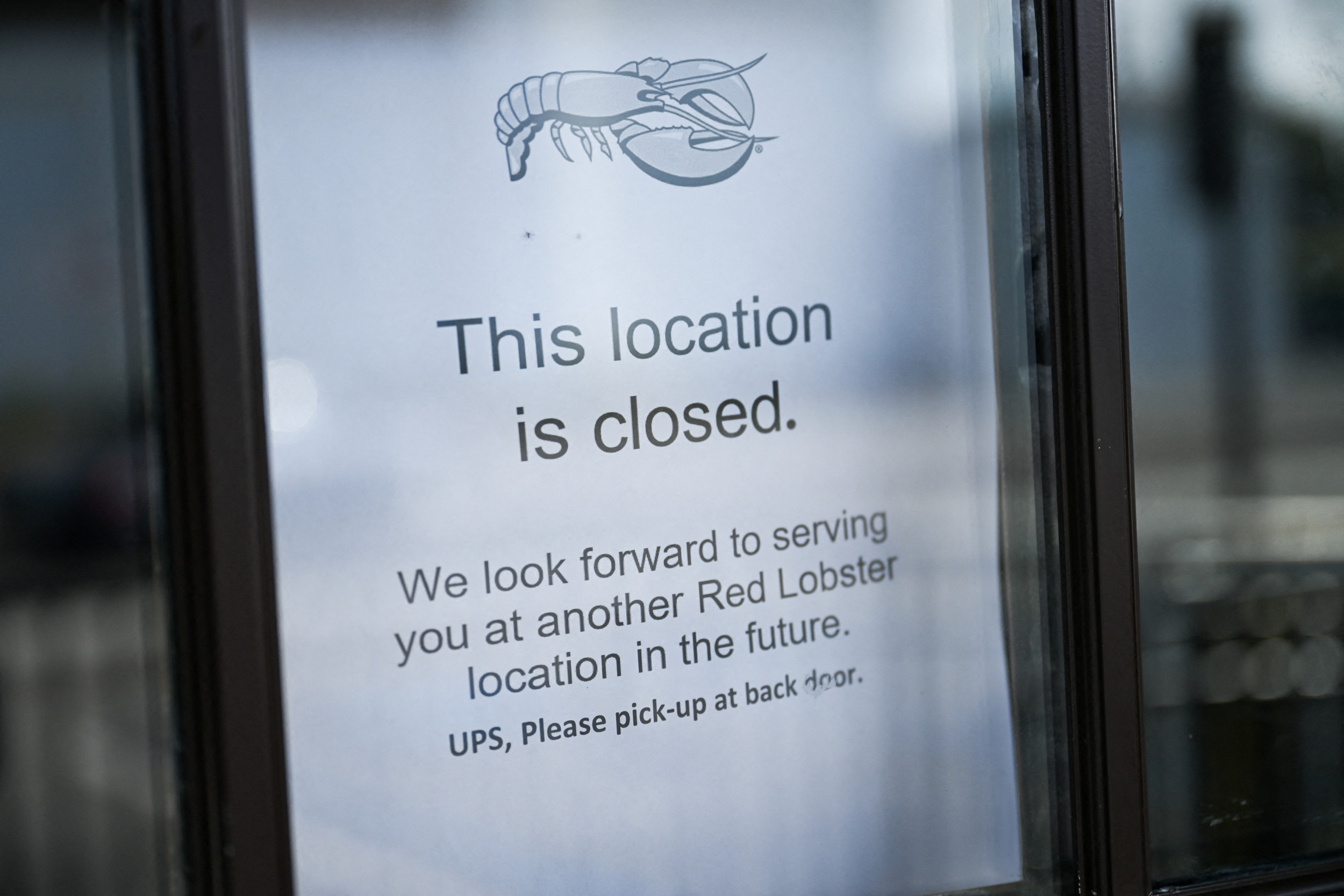Climate change is usually perceived through extreme weather events like droughts, hurricanes and floods. But that perspective overlooks the more commonplace pollutants that humans experience in communities all over the world. Justine Johnson, the new chief mobility officer of Michigan, had plenty of experience with everyday pollution growing up in South Central Los Angeles, but it happens everywhere, including in Michigan.
When she was a child, Johnson lived near major L.A. freeways and noticed that many of her friends were being diagnosed with asthma and other respiratory illnesses, some of which could be attributed to the noxious fumes they were exposed to even before birth.
"My concern for the environment and climate is not a newfound interest, but rather a fundamental value that I hold close to my heart, particularly as it relates to the health and well-being of communities," Johnson told Newsweek over email. "My role as Michigan's Chief Mobility Officer has provided me with a significant platform and a bevy of resources to effect meaningful change and contribute to the development of sustainable, eco-friendly mobility practices."
Johnson is new in this job, appointed by Michigan Governor Gretchen Whitmer on August 21 after a six-month, nationwide candidate search. Her duties include leading the state's Office of Future Mobility and Electrification (OFME), and working across state government, academia and private industry to enhance Michigan's mobility ecosystem. That involves developing policies and supporting startups in the mobility space, as well as creating partnerships between bigger organizations.

Thus far, she's led a collaboration between the Michigan Economic Development Corporation, the Department of Labor and Opportunity, the Department of Transportation, the Department of Environment, Great Lakes and Energy and the Governor's Office, all of which are working on green initiatives.
Before her current role, Johnson worked in clean mobility on both coasts. She was appointed to the Los Angeles County Aviation Commission to advise on the operations and development of the county's five airports. She also served as the director of member engagement at the California Mobility Center, a nonprofit promoting clean mobility in the State of California and beyond.
Later, she also worked under Mayor Bill de Blasio as vice president of government and community relations for the New York City Economic Development Corporation, managing community outreach programs. Her work on the Green Taxi program created a new for-hire vehicle and driver classification so passengers can more easily street hail a taxi in the outer boroughs and in certain places in Manhattan.
"Given all my past experience, Michigan, the place that first put the world on wheels and is now leading the next mobility revolution, was a natural choice for me," said Johnson.

The OFME's past accomplishments include the scale-up of first-of-their-kind projects—like the Electreon wireless roadway that charges electric vehicles (EVs) while they are driven down the road; the Detroit Smart Parking Lab, for testing parking-related mobility in a variety of real-world scenarios; the Michigan Central Innovation District, a 30-acre campus centered around Ford's Michigan Central Station that will eventually have 5,000 technology and mobility employees between Ford and other companies; and the Cavnue automated vehicle corridor, the country's first road of tech-enabled infrastructure for connected cars and automated vehicles, allowing those vehicles to see emergency traffic, parking and charging locations and other information through their infotainment screens.
"When it comes to the build-out and deployment of electrified mobility solutions, we are challenged on two fronts. First, we must educate the public on the importance of our work and the impact it will have on their lives. Many of U.S. adults want to lead more environmentally friendly lifestyles, however, electric vehicles are driven by less than 10 percent of Americans, and over half (53 percent) still prefer vehicles powered by gasoline, according to a study by [Compare] the Market," said Johnson.
"Second, financial investments into electrified ecosystems are not enough on their own. We need to continually seek out and develop partnerships that bring together diverse expertise and capabilities to create innovations that will make a positive impact on people's communities and daily lives."

Top of mind for Johnson and the OFME is always promoting sustainable and clean technology via electrification, but not just EVs. She's also fostering an ecosystem that supports clean tech industries, including battery innovation and recycling, as well as energy storage capacity. The OFME has already issued more than 50 grants, focusing on mobility solutions that encourage electric vehicle adoption, EV charging infrastructure and access to affordable and reliable transportation systems.
Additionally, the recently restructured Michigan Council on Future Mobility and Electrification has committed to releasing monthly policy recommendations. These will serve as touchstones guiding and enhancing Johnson's contributions. That outfit is housed within the Department of Labor and Economic Opportunity, to replace the Council on Future Mobility. It will advise the OFME, the governor and Legislature.
"I do hold the hope that the public/private partnership model happening in Michigan will be adopted across the country. For more than 100 years, Michigan has been the model for what innovative mobility solutions can look like. The effective collaboration between public and private sectors in the state has carved a path for innovation, breaking the constraints that these organizations would have faced had they operated independently," Johnson said. "As we step into the newest era of mobility advancements, Michigan's achievements under this collaborative model set a benchmark for success, and I genuinely hope other states will adopt this approach to further drive our nation's entire mobility ecosystem forward."
Uncommon Knowledge
Newsweek is committed to challenging conventional wisdom and finding connections in the search for common ground.
Newsweek is committed to challenging conventional wisdom and finding connections in the search for common ground.
About the writer
Jake Lingeman is the Managing Editor for the Autos team at Newsweek. He has previously worked for Autoweek, The Detroit ... Read more
To read how Newsweek uses AI as a newsroom tool, Click here.





